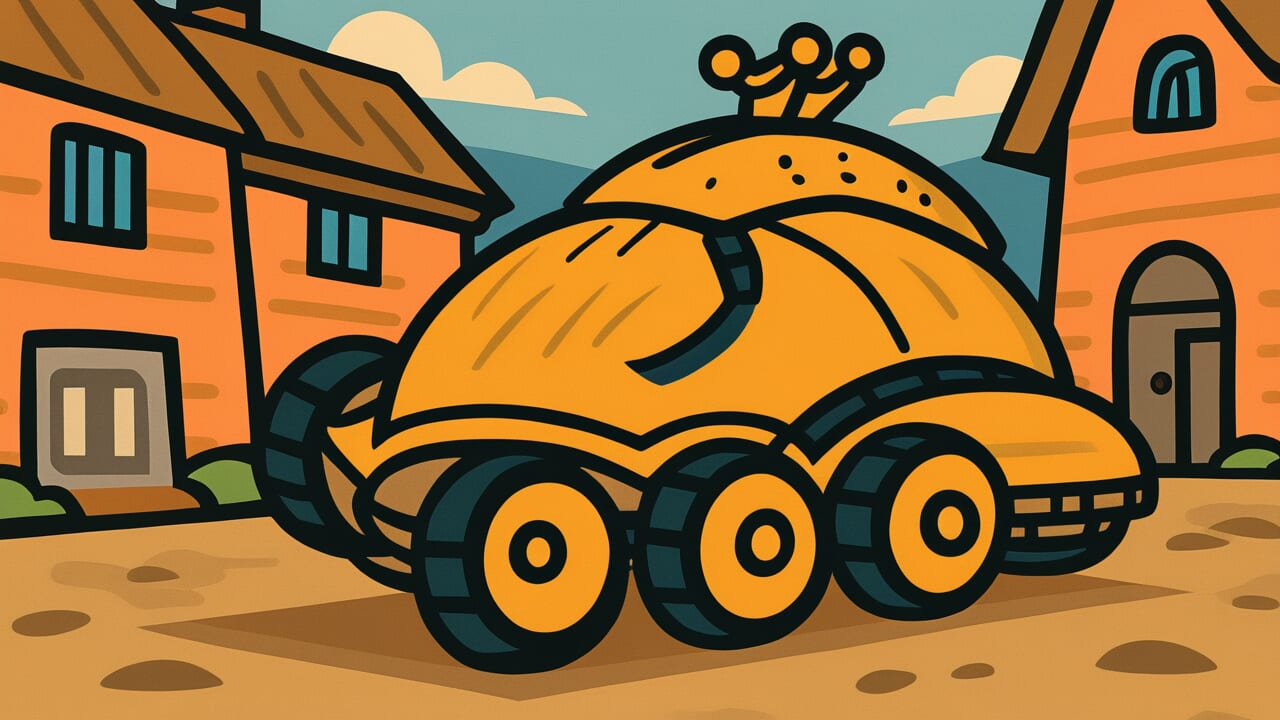How to Read “Stretching the instep so hard that you push down your house”
Kōbari tsuyoku shite ie oshitaosu
Meaning of “Stretching the instep so hard that you push down your house”
This proverb warns that being too stubborn or inflexible can actually destroy your family or organization.
People who insist too strongly on their own opinions and refuse to listen to others may seem strong and unshakable. But in reality, they damage relationships around them.
Eventually, they lose even what they were trying to protect.
This saying is used when leaders or heads of households become self-righteous. It applies when someone’s rigid attitude harms those around them.
The person may think they’re being strict for the good of their family or organization. But their inflexible approach backfires.
Today, we understand this proverb as a warning about workplace relationships between bosses and employees. It applies to parent-child relationships at home.
It also speaks to organizational management. Lack of flexibility brings harmful consequences in all these areas.
Origin and Etymology
The exact first appearance of this proverb in literature is unclear. However, the structure of the words reveals an interesting background.
“Kōbari” originally was a technical term used for armor. It referred to stretching leather or metal tight to make it hard.
During the Warring States period, samurai made their armor strong to protect themselves. But if they stretched it too tight, they couldn’t move well.
This actually put them at a disadvantage in real combat.
This expression was probably applied to household and organizational management after the Edo period. In samurai society, the head of the household had absolute authority.
But overly strict governance caused rebellion among retainers and family members. Experience taught that this could actually bring down the household.
The phrase “push down your house” directly shows this result.
What’s interesting is the paradoxical structure. Making something hard for defense is originally correct.
But when taken too far, it becomes counterproductive. This saying reflects the Japanese value of moderation and balance.
Using the concrete image of armor, it explains the subtleties of human relationships. This wisdom has been passed down for generations.
Usage Examples
- Father never changed his mind about anything, but it was a case of stretching the instep so hard that you push down your house—the family eventually fell apart
- No one can voice opinions against the president’s stubborn management policy, and the company is failing in a perfect example of stretching the instep so hard that you push down your house
Universal Wisdom
The universal truth this proverb speaks is the paper-thin difference between strength and stubbornness.
Everyone has beliefs they want to uphold. People in positions of responsibility especially tend to be confident in their judgment.
They try to push their decisions through. But here lies a fundamental human contradiction.
The stronger your desire to protect something, the greater the danger of actually destroying what you want to protect.
Why does this happen? Because when humans believe in their own correctness, they stop hearing other voices.
The more you think “This is for my family” or “This is for the organization,” the less you actually see the feelings of your family members or colleagues.
Strictness that begins with good intentions gradually transforms into self-righteousness. It suffocates those around you.
This process has repeated itself across time and cultures.
This proverb has been passed down because humans fundamentally want to believe “I am right.” At the same time, our ancestors saw that this very conviction can become our greatest pitfall.
Strength is not about never bending. It’s about being flexible when necessary.
This deep understanding of human nature is condensed in these few words.
When AI Hears This
When you stretch the roof curve of a house too strongly, periodic stress continuously occurs throughout the entire building.
Wood expands and contracts with temperature and humidity changes. The tightly stretched parts generate tiny vibrations.
When the period of these vibrations matches the building’s natural frequency, resonance occurs.
Resonance is like pushing a swing at the perfect timing. Even small forces create large movements.
The Tacoma Bridge collapsed in 1940 with gentle winds of only 19 meters per second. This happened because the bridge’s natural frequency matched the wind vibrations.
Similarly, when a singer hits a certain pitch, a wine glass can shatter. This is also resonance.
When the glass’s natural frequency matches the sound wave frequency, sound energy accumulates and causes destruction.
In traditional Japanese architecture, wood has an elastic modulus of about 10 gigapascals. A three-meter beam has a natural frequency of about 15 hertz.
When you over-stretch the roof, daily temperature changes cause expansion and contraction in the same cycle. Morning to evening temperature differences of about 10 degrees repeat this pattern.
Over several years, energy accumulates. Craftsmen didn’t know the mathematical formulas.
But they understood this dangerous resonance through experience. What causes destruction is not the size of the force.
It’s the matching of cycles—a trap built over time.
Lessons for Today
What this proverb teaches you today is that correctness alone cannot lead people. At work or at home, confidence in your ideas is important.
But equally important is the flexibility to listen to those around you.
Modern society especially has diversified values. Situations where no single correct answer exists are increasing.
In such times, holding your beliefs while leaving room to accept others’ opinions becomes crucial.
When you try to protect something, pause and consider whether your method is truly appropriate.
Practically speaking, make it a habit to hear multiple people’s opinions before making important decisions. Listen especially to opposing views and critical voices.
This is not weakness—it’s true strength.
Have the courage to occasionally reflect on whether your stubbornness is unknowingly hurting people you care about.
Being flexible gives you the power to truly protect what you want to protect.



Comments